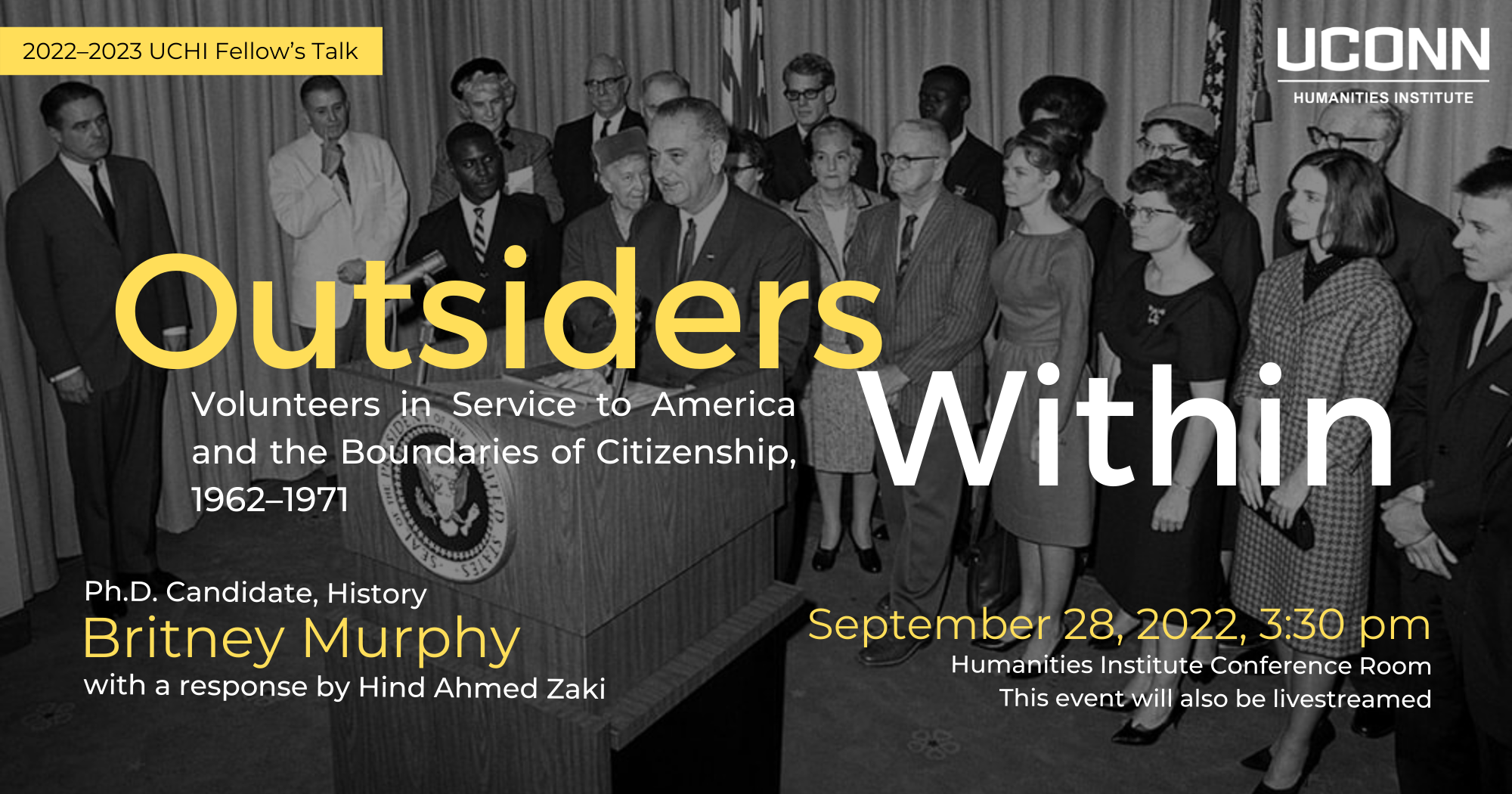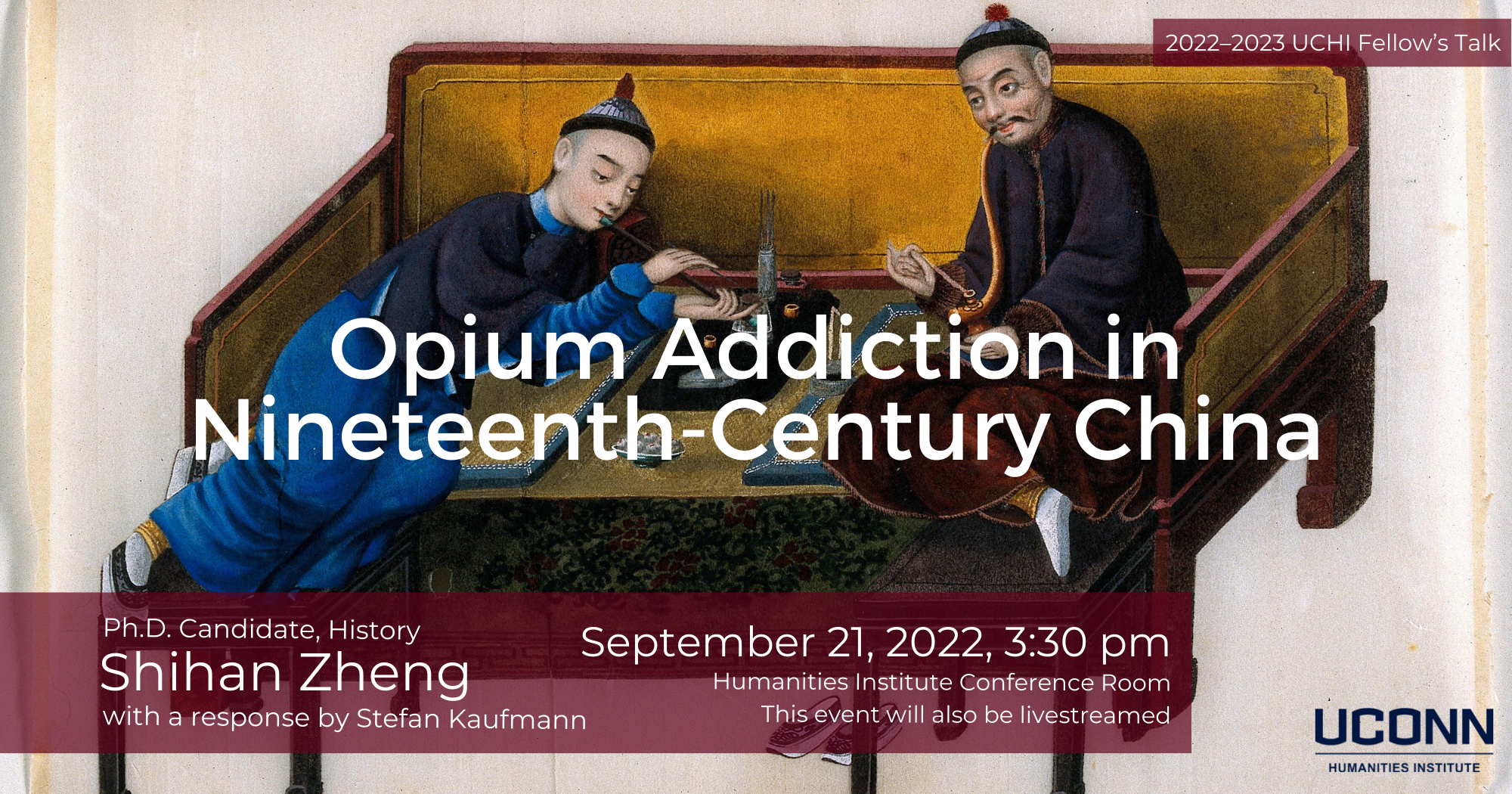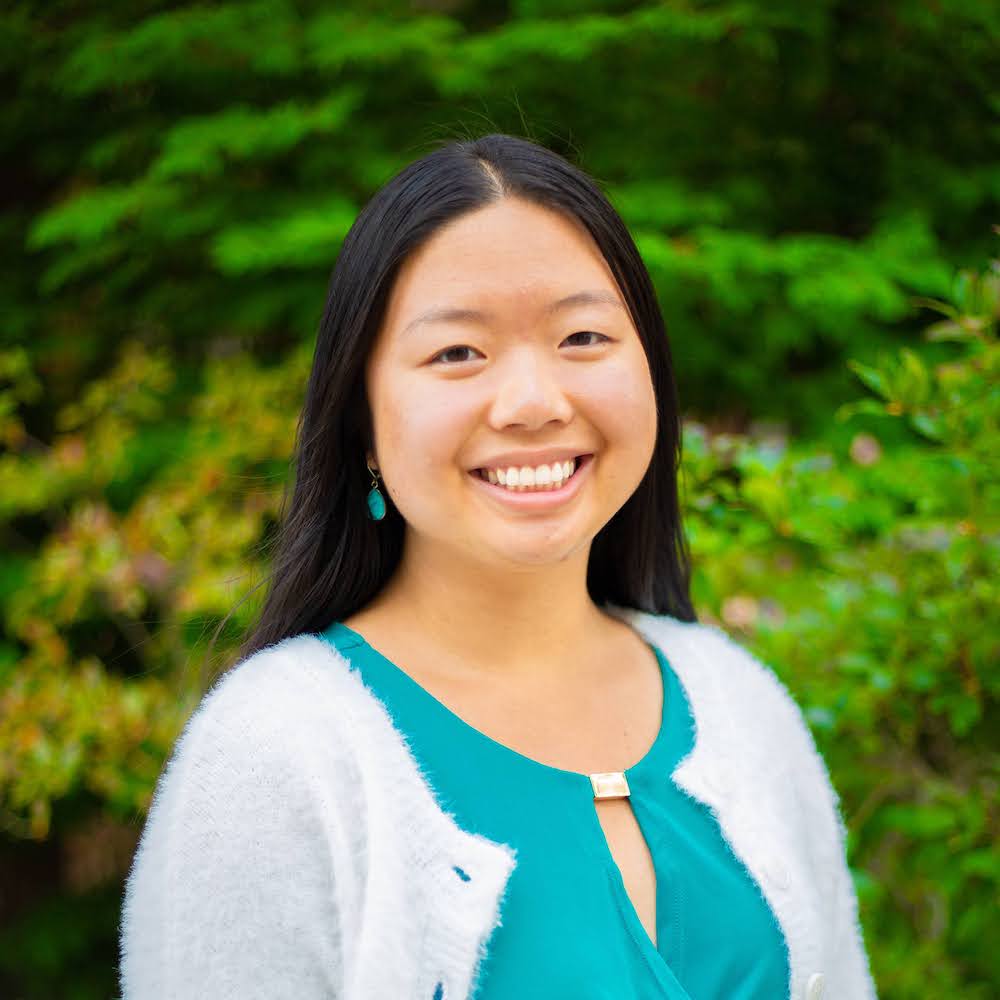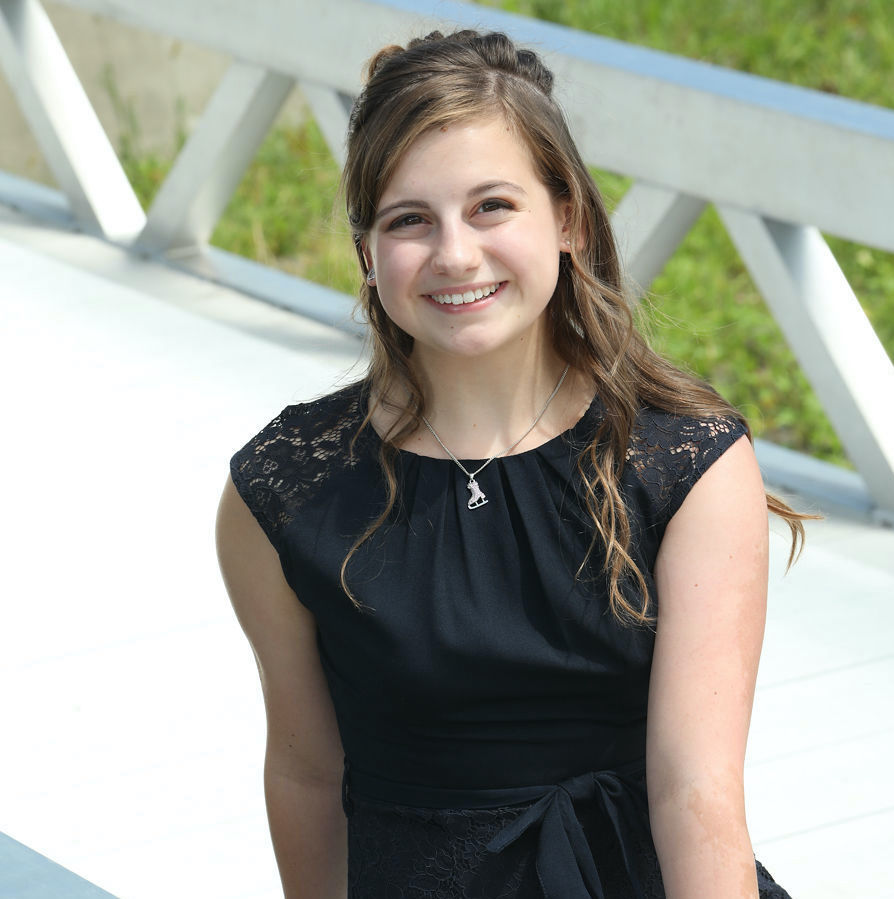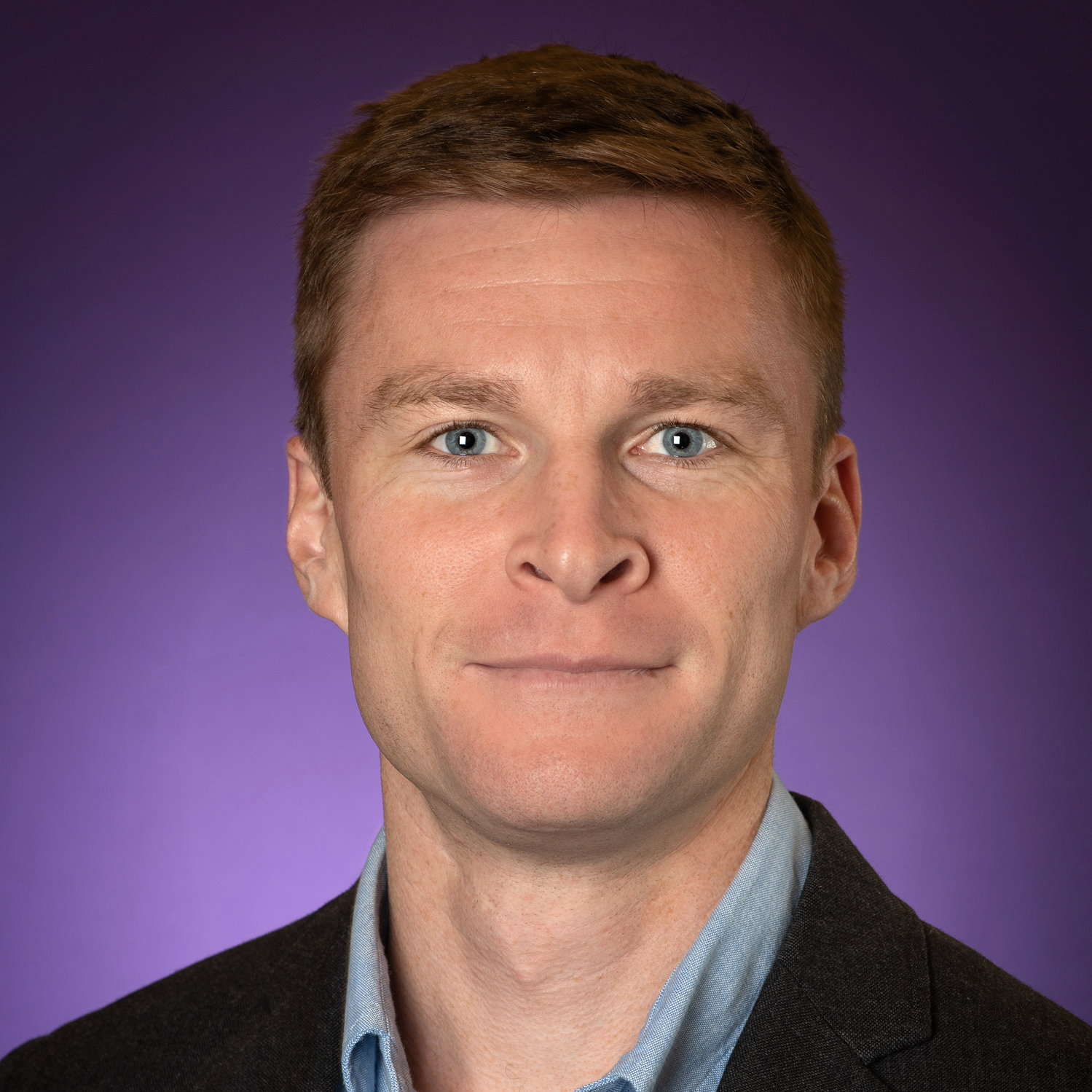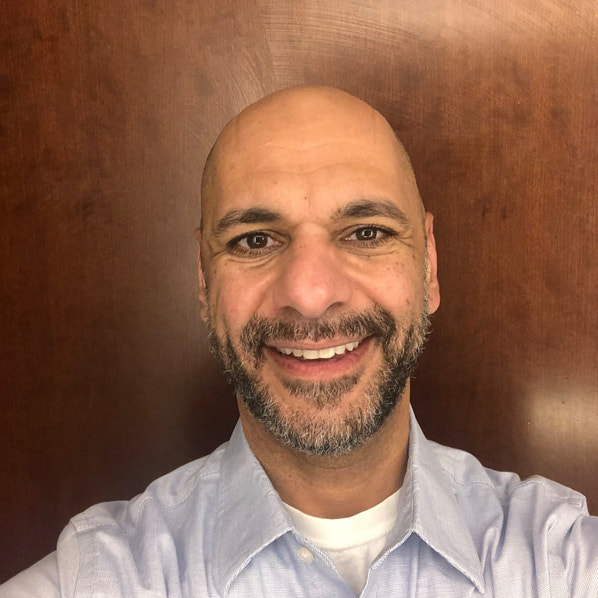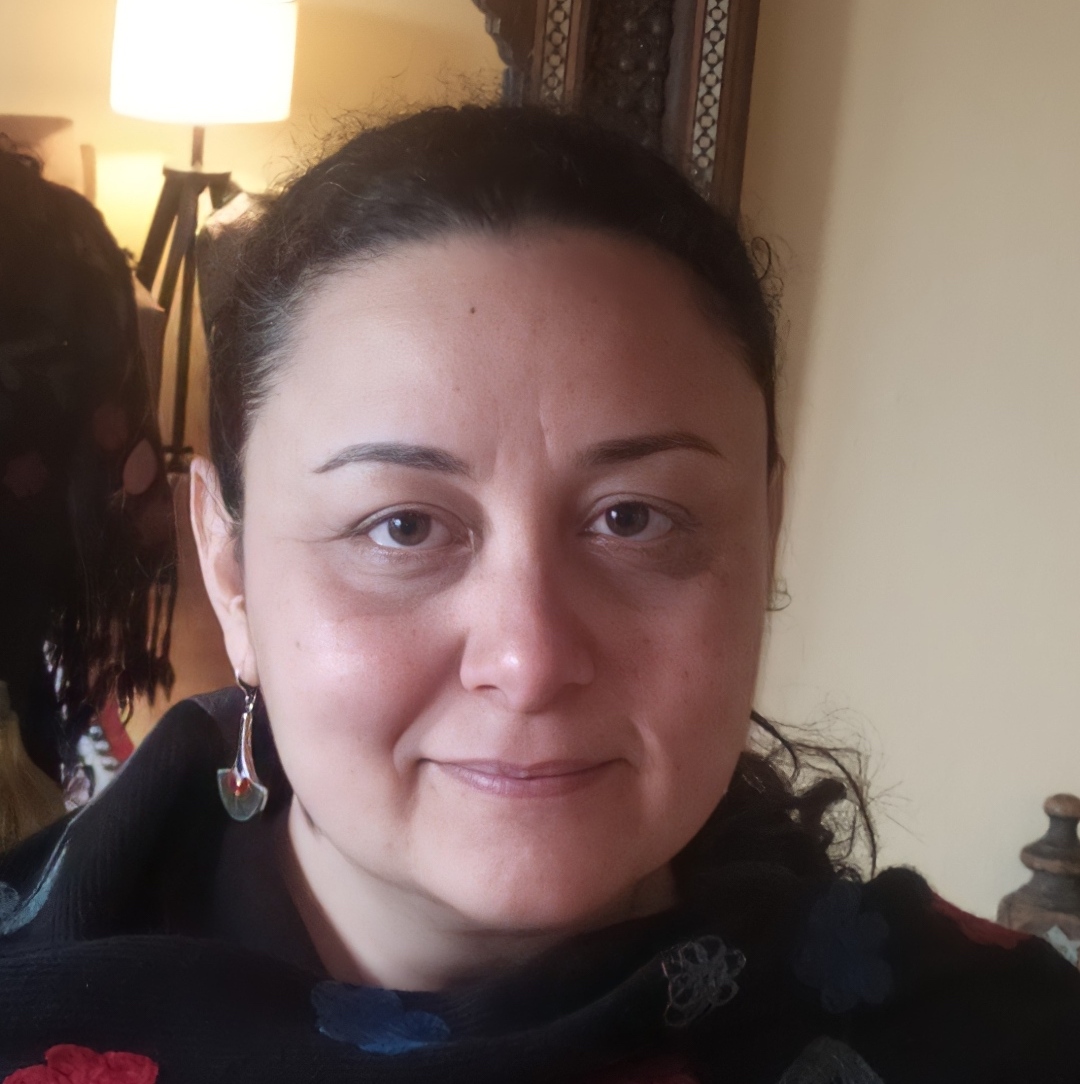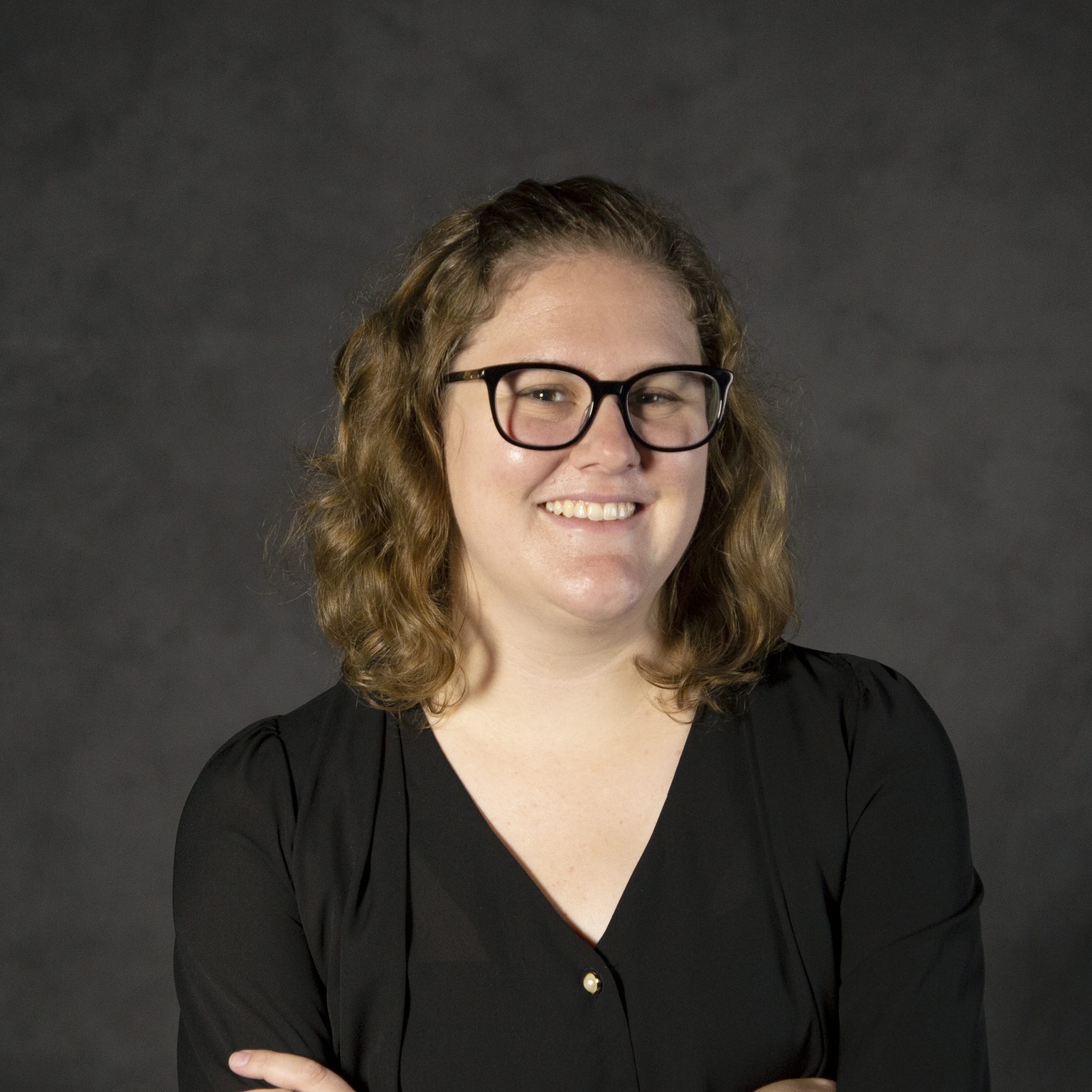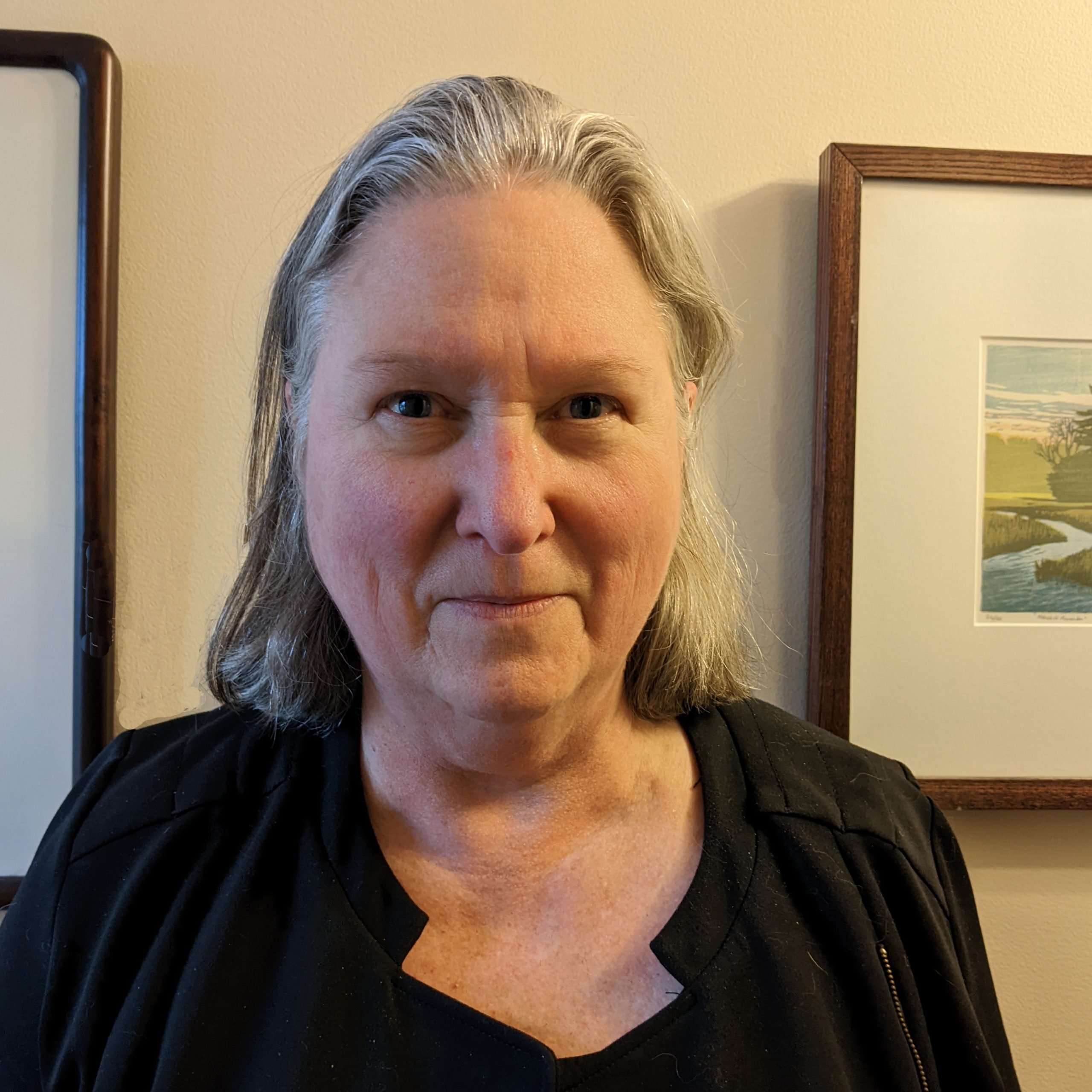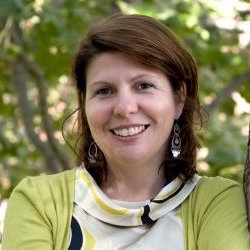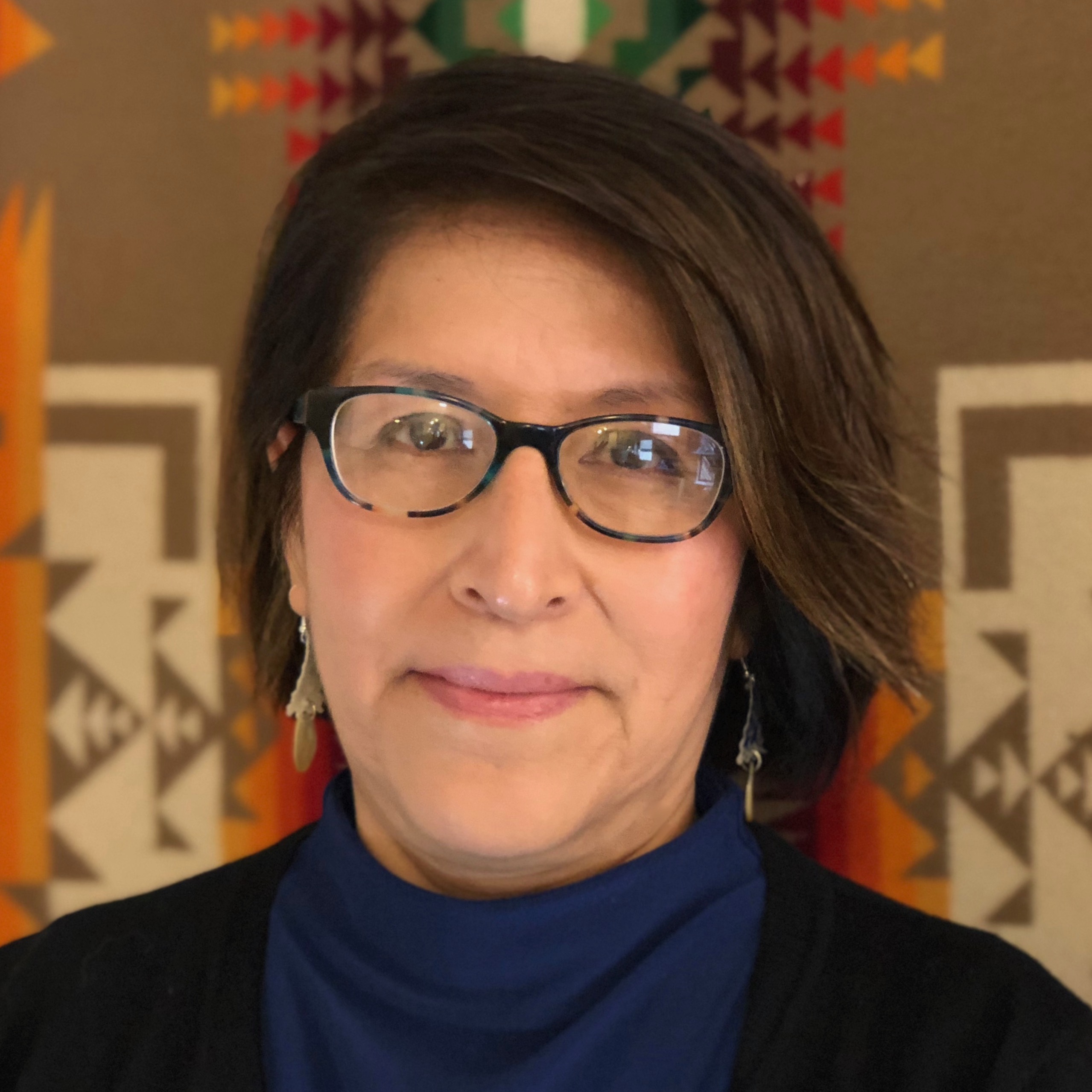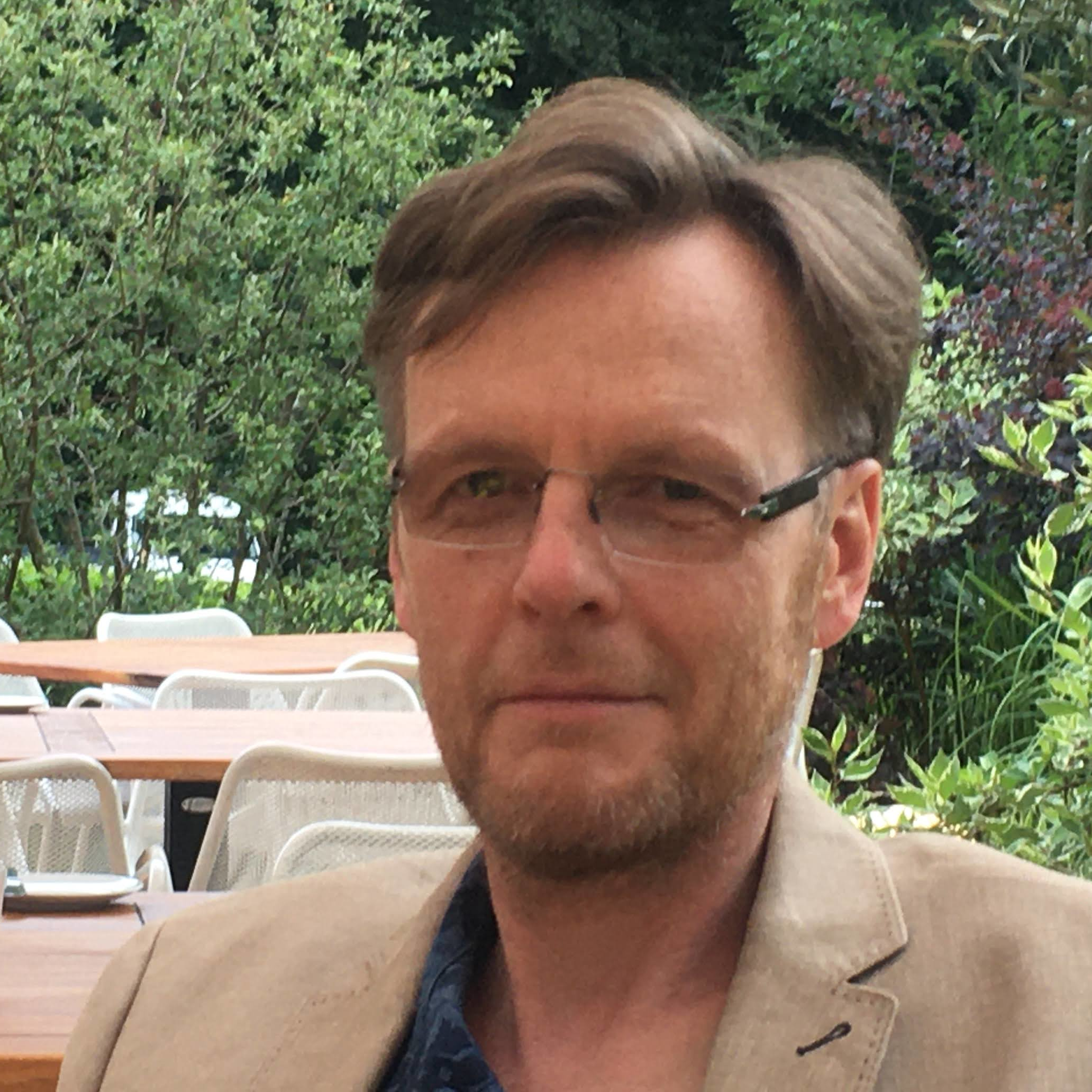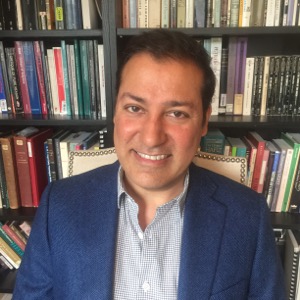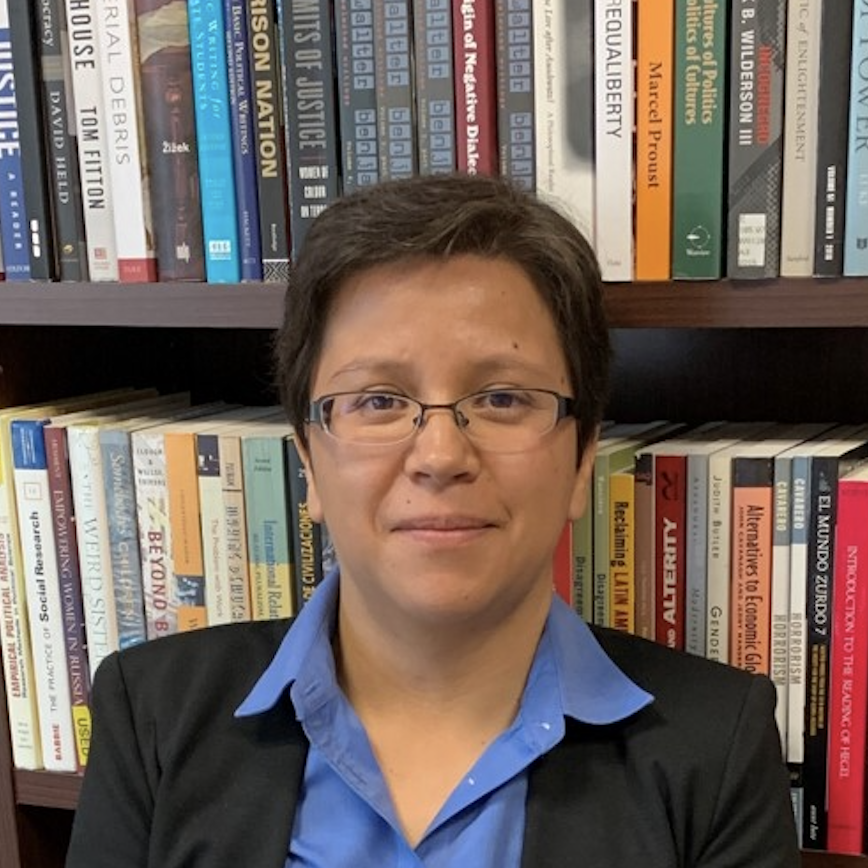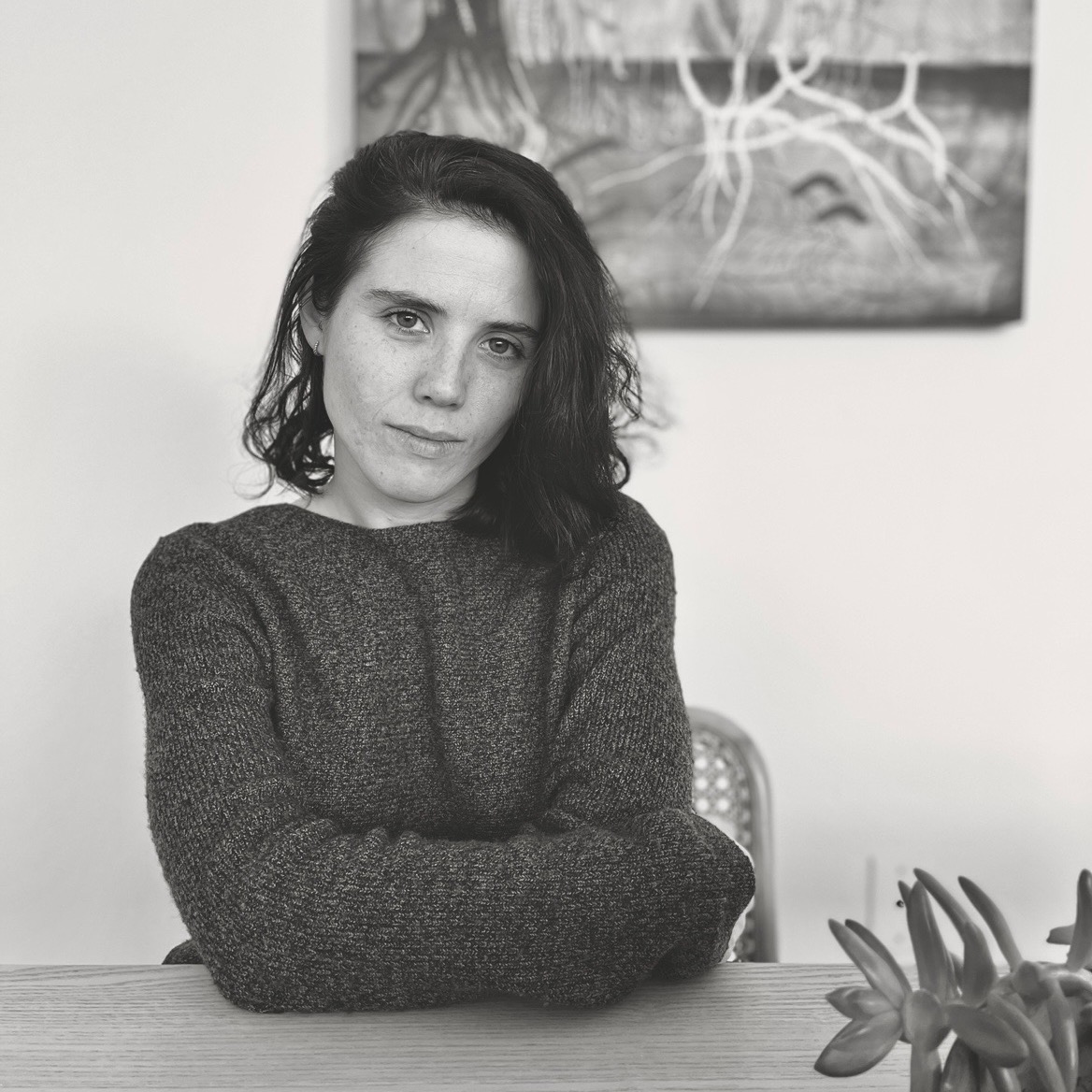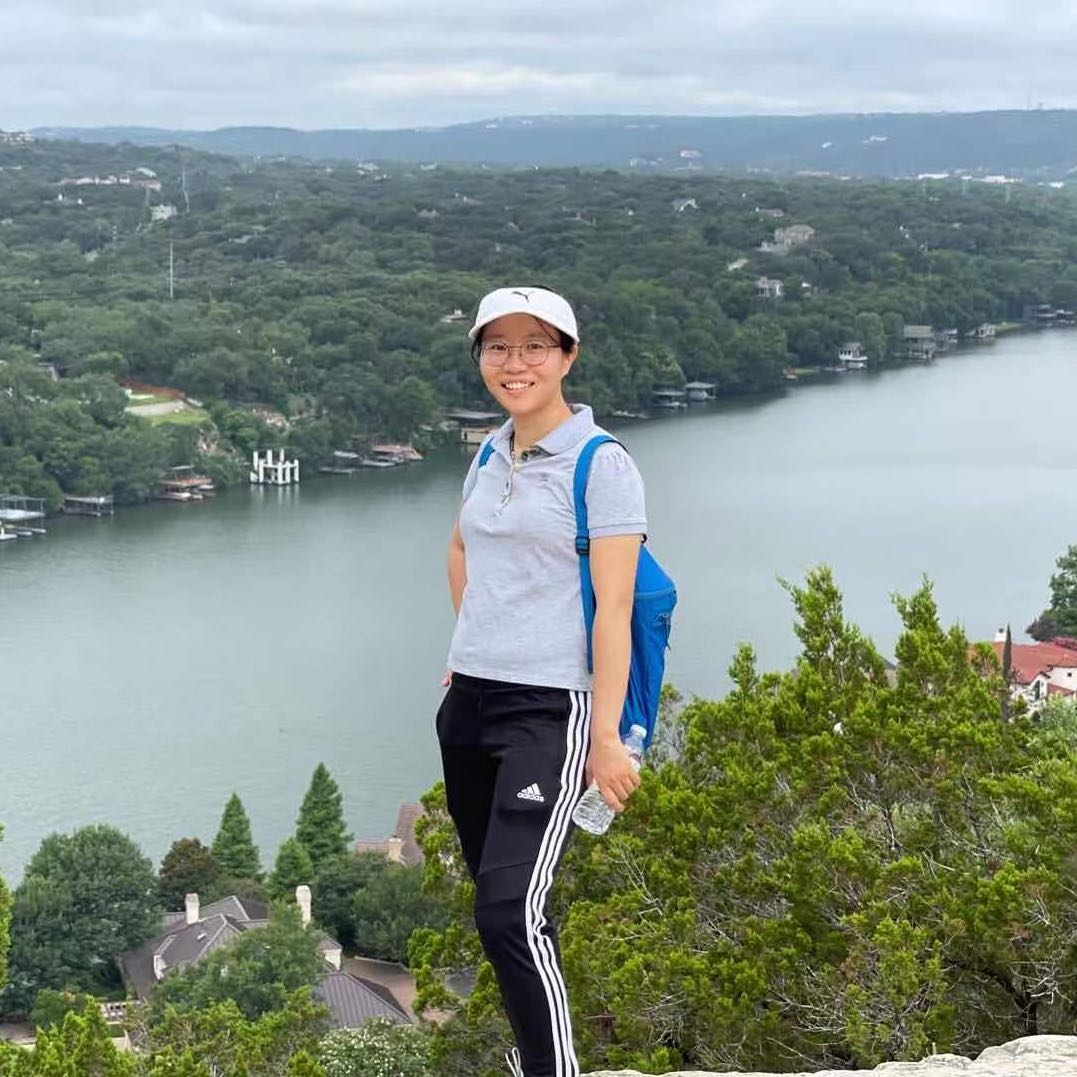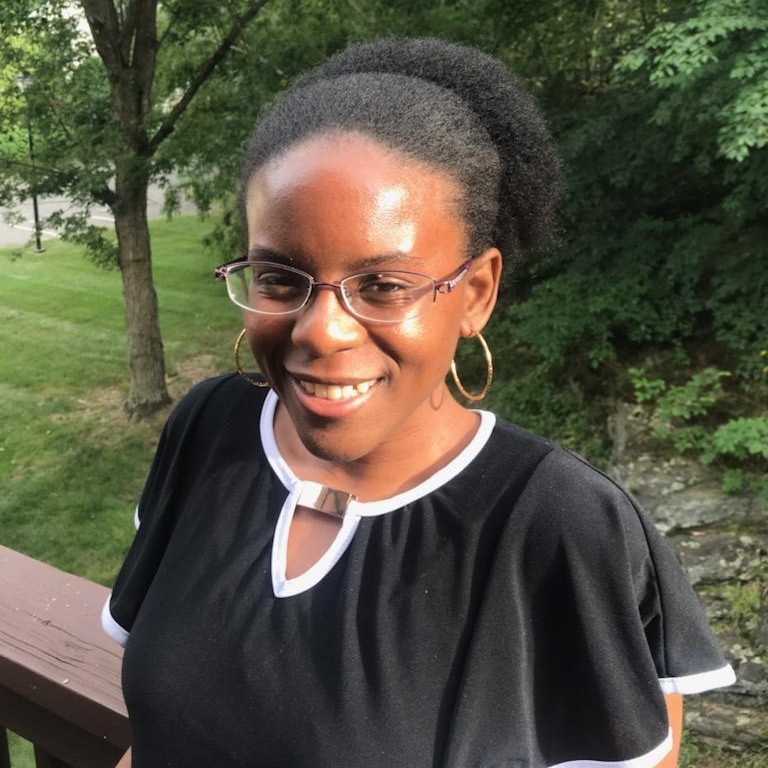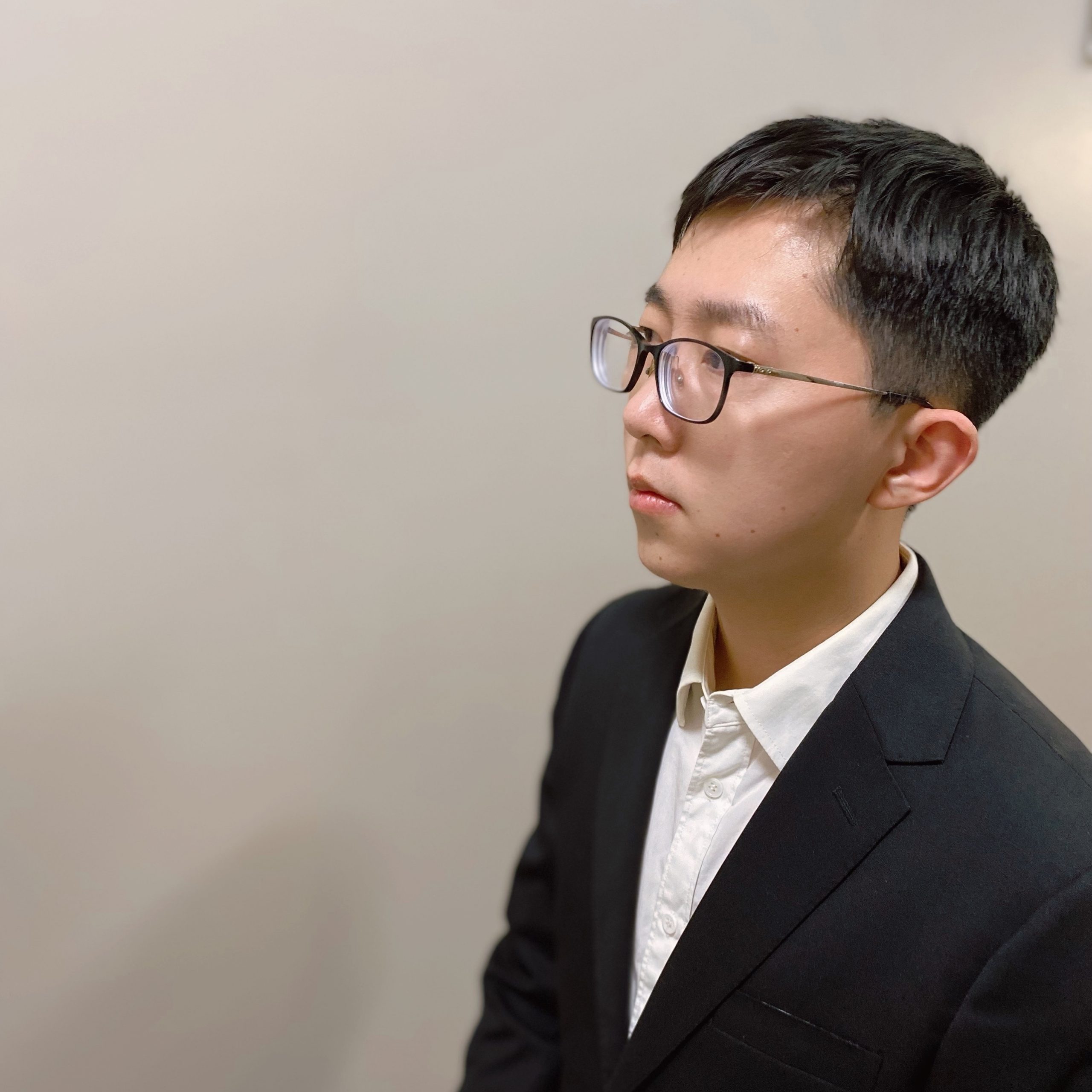Outsiders Within: Volunteers in Service to America and the Boundaries of Citizenship 1962–1971
Britney Murphy (Ph.D. Candidate, History, UConn)
with a response by Hind Ahmed Zaki (Political Science, UConn)
Wednesday, September 28, 2022, 3:30pm, Humanities Institute Conference Room (HBL 4-209)
Add to Google calendar Add to Office 365 calendar Add to other calendar
The event will also be livestreamed with automated captioning.
This talk asks the question, why, despite enjoying broad public and bipartisan support, national community service programs have not become institutionalized in the United States. Britney’s dissertation evaluates the relationship among civic engagement, citizenship, and socioeconomic identities through the lens of one national community service program, Volunteers in Service to America (VISTA). Volunteers’ activism—in the rural areas of Appalachia, urban slums, migrant labor camps, and among Native American communities—tested the nation’s commitment to addressing socioeconomic inequality and political exclusion. The early history of VISTA (1962–1971) suggests that race, class, and gender hierarchies contributed to conflicting ideas about the causes of national problems and the role of government volunteers in finding solutions.
Britney Murphy is a doctoral candidate in the History Department. Her research interests include modern U.S. history, urban history, environmental justice, food access, and volunteerism. While at UCHI, Britney will complete her dissertation, “Outsiders Within: Volunteers in Service to America and the Boundaries of Citizenship, 1962–1971.”
Hind Ahmed Zaki is an Assistant Professor of Political Science and Literatures, Cultures, and Languages. Her scholarly interests span feminist political theory and practice, transnational feminist movements and politics, gender-based violence, and comparative politics of the state, with a special focus on the Middle East and North Africa. Dr. Ahmed Zaki’s research is published in several languages. Her doctoral dissertation, completed at the University of Washington in 2018, was the winner of the 2019 American Political Science Association’s Women and Politics section award for best dissertation on gender and politics and the democracy and autocracy section’s best field work award in the same year. She is an elected member at large of the board of the Association for Middle East Women’s Studies (AMEWS) since 2018.
Access note
If you require accommodation to attend this event, please contact us at uchi@uconn.edu or by phone (860) 486-9057. We can request ASL interpretation, computer-assisted real time transcription, and other accommodations offered by the Center for Students with Disabilities.
